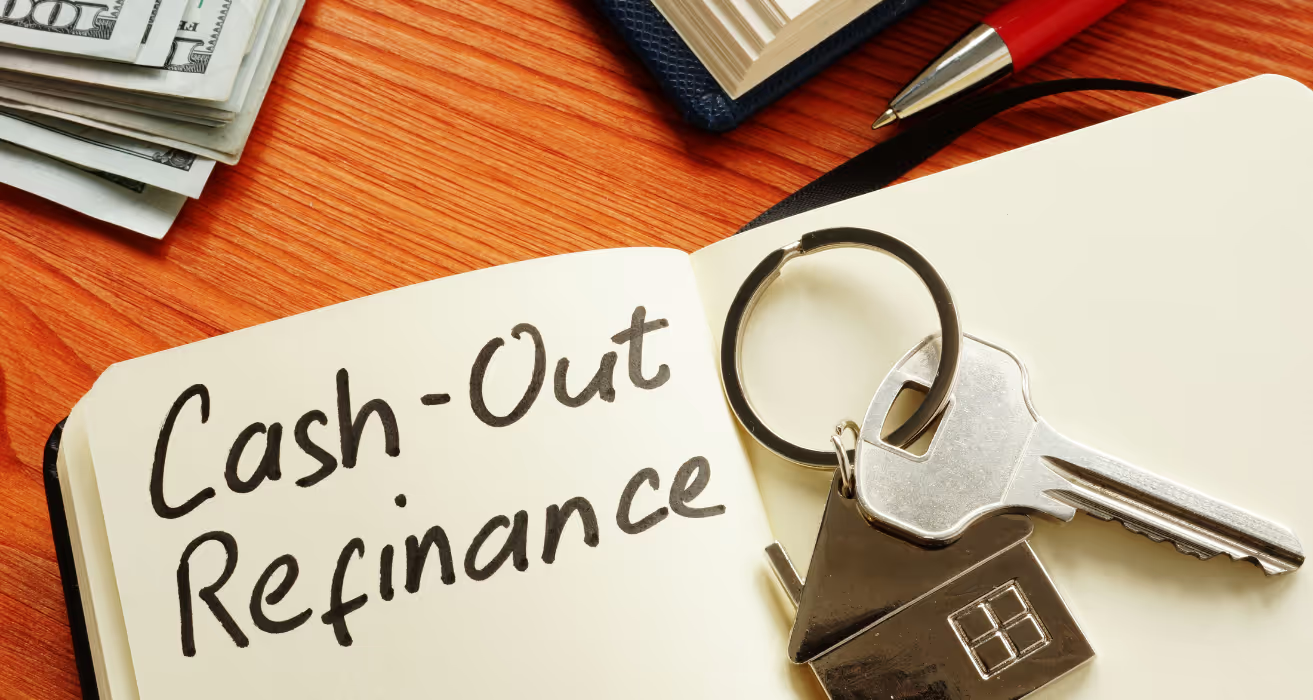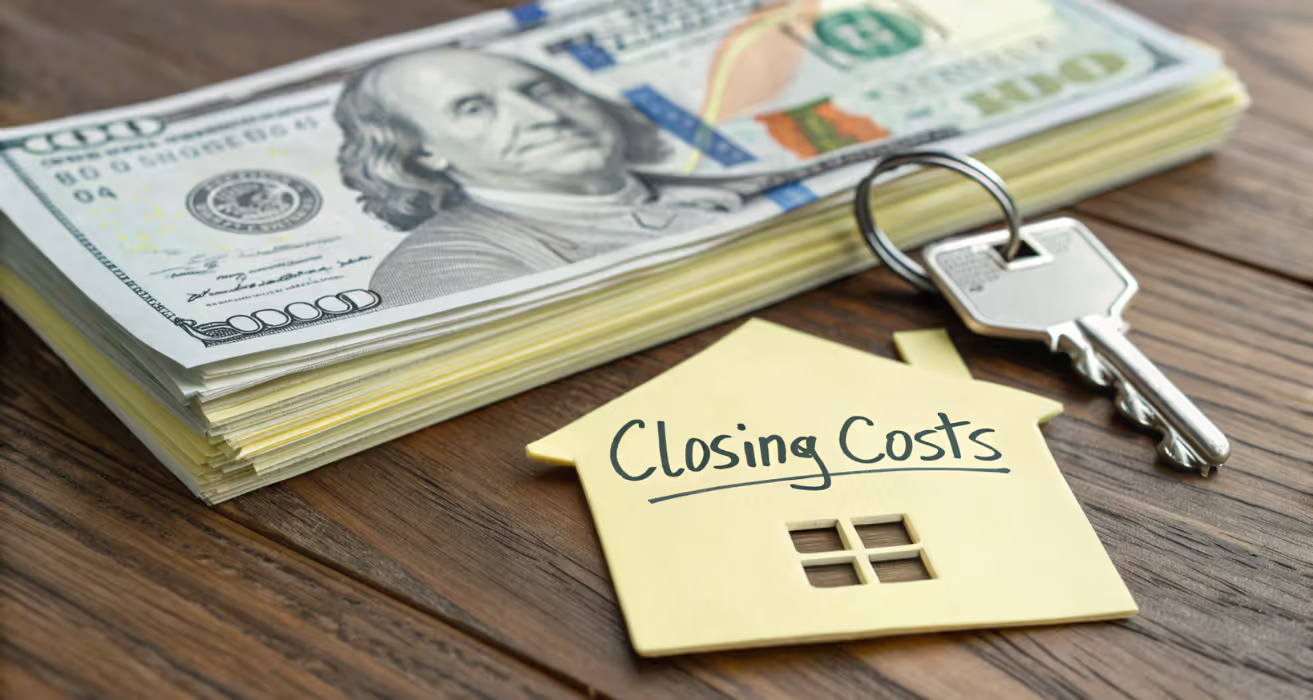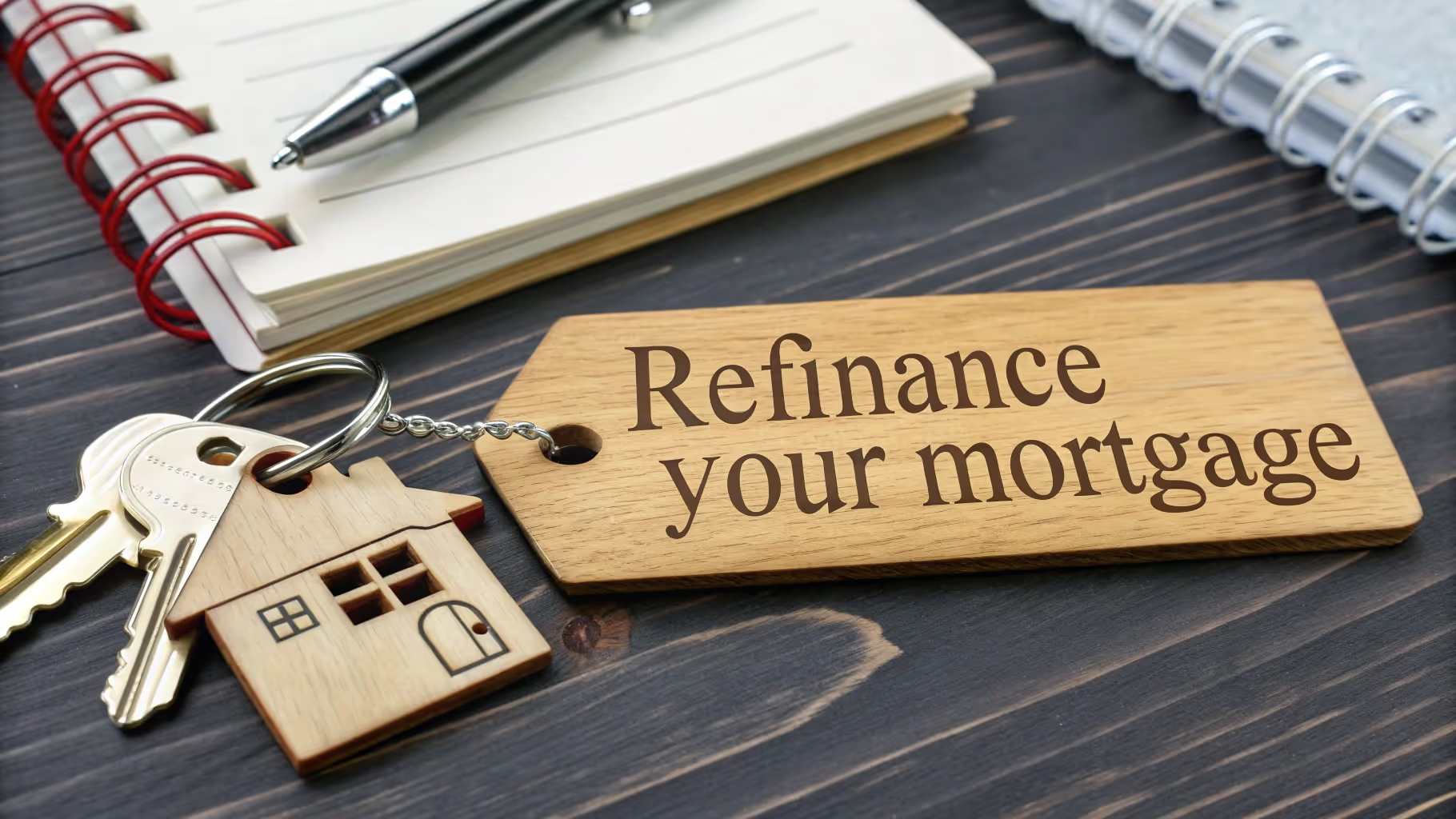Important Questions To Ask Before Refinancing Your Mortgage

Refinancing can feel like the secret menu of mortgage deals, packed with potential, but easy to get wrong if you don’t ask the right questions.
We get it: Your current mortgage may feel too expensive, and the promise of lower monthly payments or faster payoff is tempting. But there’s a catch. Refinancing isn’t always the slam dunk it seems.
This guide helps you ask the right questions before you sign anything, so you don’t just refinance, you refinance smart. Whether you’re looking to save money, pull cash out, or just simplify your finances, we’ve got you covered.
Refinancing isn’t a one-size-fits-all decision. From loan terms to fees, there’s a lot under the surface. Ask the right questions early to avoid regret later.
Key Takeaways:
- Know how refinancing affects your monthly payments and total interest.
- Ask lenders about all fees upfront, including appraisal and closing costs.
- Understand the break-even point: when your savings start outweighing the costs.
- Compare fixed vs. adjustable-rate refinancing options.
- Clarify whether you’re resetting your loan term or shortening it.
1. What’s My Goal for Refinancing?
Before anything else, know your “why.”
- Are you trying to lower your monthly payment?
- Do you want to shorten your loan term?
- Are you hoping to tap into home equity?
Pro Tip: Your goal determines the type of refinance you should pursue (rate-and-term, cash-out, or streamline).
2. What’s the New Interest Rate, and the APR?
Heads up: A lower rate isn’t always a better deal. Ask for the Annual Percentage Rate (APR), which includes lender fees and gives a clear picture of the loan’s cost.
✅ Compare APRs across at least 3 lenders for the same loan type and term.
3. What Are the Total Closing Costs?
Refinancing can cost between 2% to 6% of your loan amount. Make sure you ask:
- Application fees
- Title and escrow charges
- Appraisal costs
- Loan origination and underwriting fees
Tip: Ask for a Loan Estimate within 3 business days of applying. It’s your tool for comparing offers.
4. When Is My Break-Even Point?
This is the number of months it will take for your monthly savings to offset the refinance costs.
Example: If your refinance costs $6,000 and saves you $200/month, your break-even is 30 months. Stay at in the home longer than that? You win.
5. Does This Refinance Reset My Loan Term?
Many people unknowingly extend their mortgage back to 30 years. That could mean paying more interest overall, even if your payment drops.
Ask: “Can I refinance to a 20- or 15-year term instead?”
6. Is There a Prepayment Penalty on My Current Mortgage?
Some older loans charge a fee if you pay them off early. Always double-check your existing mortgage terms.
7. Will I Need Private Mortgage Insurance (PMI)?
If your equity drops below 20%, you may need PMI. That can eat into your savings.
Ask: “How much equity do I need to avoid PMI on this new loan?”
8. Can I Lock In This Rate?
Rates can fluctuate daily. A rate lock guarantees your interest rate for a set period, usually 30–60 days.
Tip: Lock only when you’re confident you’ll close on time.
9. Are There Any Special Refinance Programs I Qualify For?
Some lenders offer programs for first-time homebuyers, low-income borrowers, or homeowners with little equity. It’s worth asking.
10. Can I Refinance Without Rolling Fees Into the Loan?
Rolling closing costs into your loan adds to your balance and the interest you’ll pay. Ask if paying upfront is a better long-term move.
Conclusion: Take Control of Your Refinance Journey
Refinancing isn’t just a rate game, it’s a strategy. With the right questions, you can turn a complex decision into a powerful financial move.
And if you're looking for a smarter way to shop and save, reAlpha offers a commission-free home buying experience that helps you keep more money in your pocket. We simplify the path to homeownership, whether you’re refinancing or starting fresh.
Want personalized support? Be My Neighbor is a trusted mortgage advisor platform (NMLS #1743790) ready to walk you through your options, every step of the way.
FAQs: What People Ask Before Refinancing
Is it worth refinancing my mortgage now?
It depends on your current rate, your goals, and how long you plan to stay in your home. Always calculate your break-even point.
What’s the difference between interest rate and APR?
The interest rate is what you pay annually to borrow. The APR includes lender fees and shows the true cost.
Can I refinance if I have bad credit?
You may still qualify, but expect higher rates. Some lenders have programs for lower credit scores.
How soon can I refinance after getting a mortgage?
Most lenders require a 6-month seasoning period, but it varies. Check your loan terms.
Will refinancing hurt my credit score?
A credit inquiry may slightly lower your score temporarily, but timely payments help it rebound.
Disclosures:
- This content is for informational purposes only and does not constitute financial advice.
- Mortgage rates and programs are subject to change based on market conditions and borrower eligibility.
- All loan products are subject to credit approval and compliance with applicable federal and state laws.
- NMLS #1743790 (Be My Neighbor)
- Realpha is a third-party technology platform and not a mortgage lender. Commission-free claims refer to their property acquisition service model, not lending fees.
For more insights or to get started, visit Realpha or Be My Neighbor.


.avif)
.avif)
.avif)
.avif)
.avif)
.avif)
.avif)
.avif)
.avif)
.avif)
.avif)
.avif)
.avif)
.avif)
.avif)
.avif)
.avif)
.avif)
.avif)
.avif)
.avif)
.avif)
.avif)

.avif)

.avif)
.avif)
.avif)
.avif)
.avif)
.avif)


.avif)

.avif)




.avif)
.avif)
.avif)
.avif)
.avif)
.avif)
.avif)
.avif)
.avif)
.avif)
.avif)
.avif)
.avif)
.avif)
.avif)
.avif)



